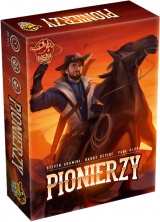

This process is experimental and the keywords may be updated as the learning algorithm improves. These keywords were added by machine and not by the authors. This does not mean, of course, that the New World Order will not resort to violence and massive pain-infliction whenever global “stability” (read: its hegemony) is threatened, as the current “war on terror,” oil proxy wars, and other local nationalist and/or religious conflagrations amply demonstrate. Likewise, the main instrument of the will to power is no longer the infliction of physical and psychological pain, as in Darkness at Noon and in Nineteen Eighty-Four on the contrary, it is the “infliction of pleasure” (Huxley’s phrase).

Its watchword is no longer the will to conquest, but “stability” or the will to order. The Savage is offered only two alternatives, an insane life in Utopia, or the life of a primitive in an Indian village, a life more human in some respects, but. God whose worship assures the world without end of Big Business.

Huxley’s dystopian empire has now encompassed the entire planet and is called the World-State, bearing an uncanny resemblance to the New World Order envisaged by the multinational global elites of the late 20th century, after the fall of Communism. If in Heart of Darkness and Darkness at Noon, Conrad and Koestler stage the empire-building phase of the will to power, whether in its colonialist or in its communist guise, in Brave New World Huxley stages its postcolonialist and postcommunist phase.


 0 kommentar(er)
0 kommentar(er)
